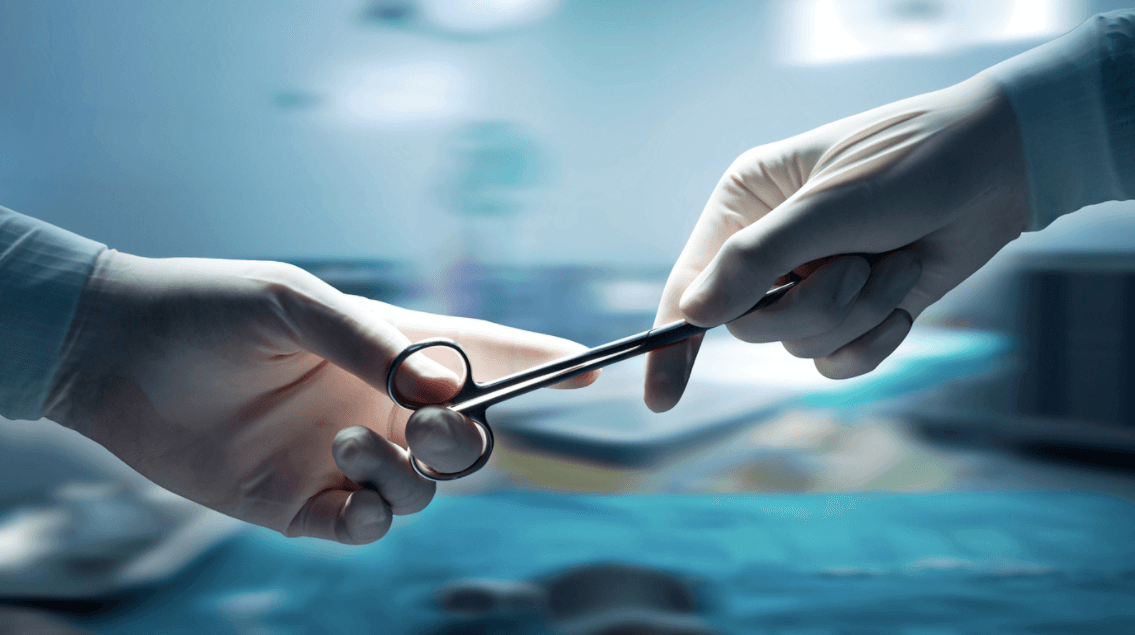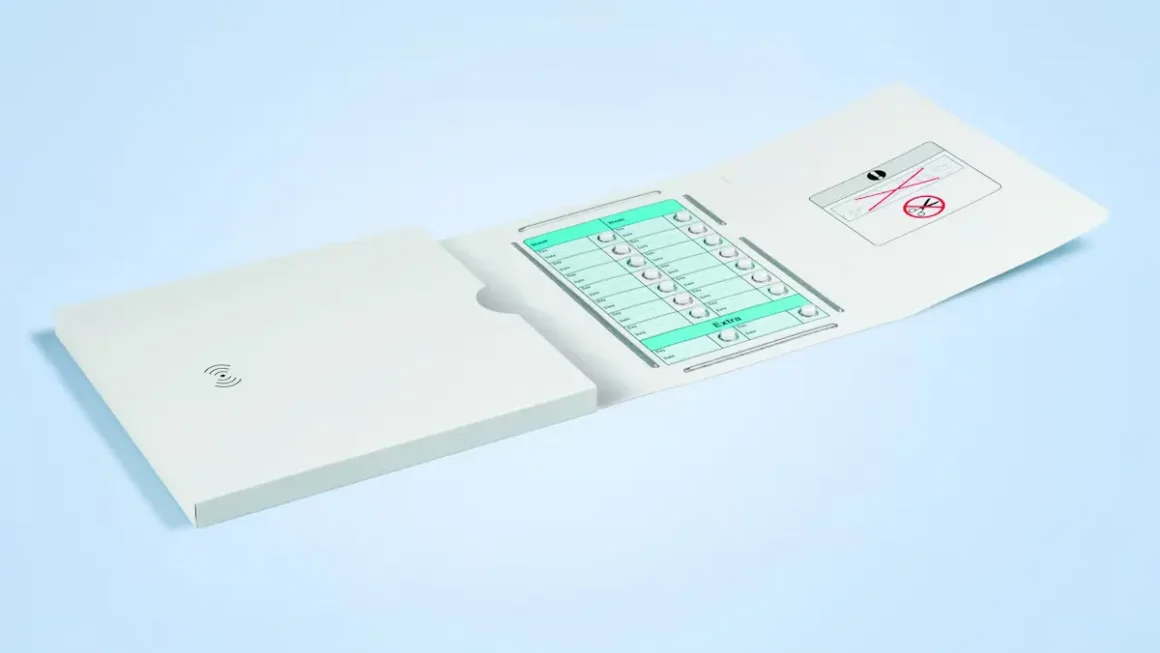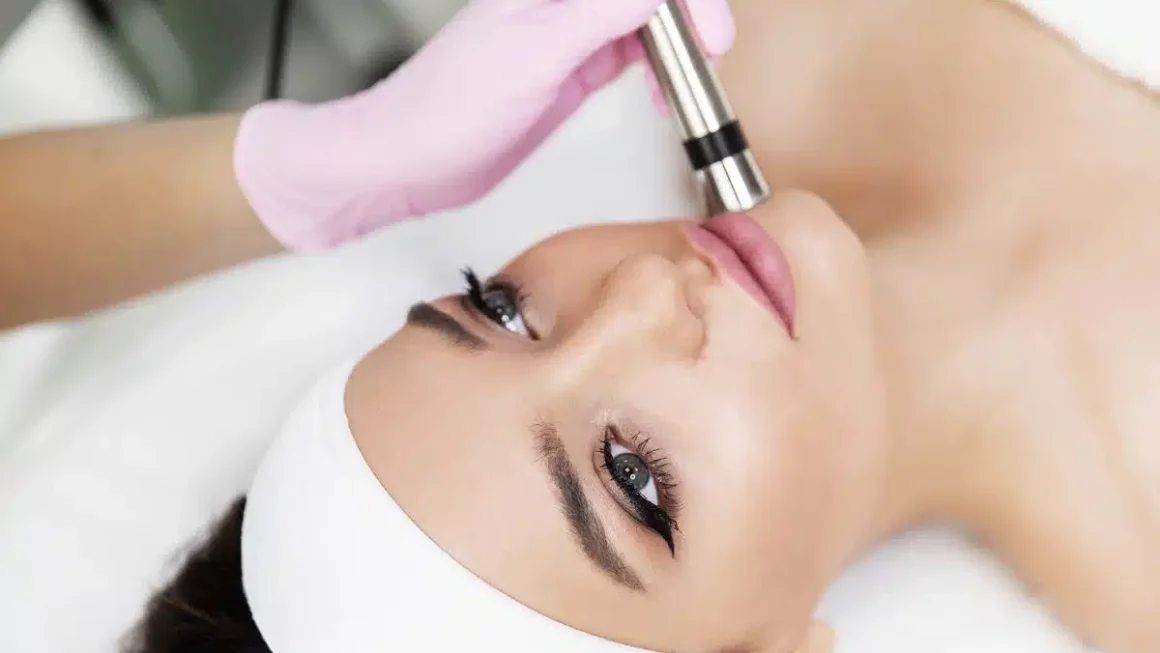When we visit a hospital, we expect to get better and for our health to improve. However, this is not always the case because hospital-based mistakes do happen, and when they do, patients get injured or die. Whether it is a patient getting addicted to an opioid due to an overzealous doctor, or infections due to a doctor not observing hygiene protocols, many of these mistakes are avoidable. Here are some of the most common.
Falls
Many people do not think falls are a medical mistake, but in some cases, they are. This is because a doctor should assess your risk of falling when admitting you. They should ask you about any drugs you are taking, the circumstances that led to falls in the past, and if you have any diagnosed medical conditions that might make you prone to falling.
If you are at risk, the hospital should provide a cane or walker and ensure your path is always clear in case you would like to get out of bed and walk around.
Antibiotic Misuse
Did you know that over half of all hospital patients are given antibiotics, even in cases where they do not need them? In some cases, patients are given the wrong antibiotics. The overuse of antibiotics or the use of the wrong antibiotic has led to drug-resistant bacteria that are a lot harder to treat. Also, the overuse of antibiotics can interfere with the beneficial bacteria found in your gut, leading to the overgrowth of harmful bacteria.
It is therefore important that you ask a doctor why they are giving you an antibiotic if they want to prescribe one. A physician should prescribe an antibiotic only after confirming the exact type of infection you have.
Opioid Misuse
Opioid misuse is a huge problem around the world. It often stems from poorly written prescriptions, patients seeing different doctors to get multiple prescriptions, or doctors prescribing opioids for all types of pains.
Although it might be harder to do when in pain, it is important to ask your doctor to prescribe other painkiller classes before turning to the stronger, more addictive opioids. If you are a healthcare provider, it is also important that you protect your patients from drug misuse by ensuring they genuinely need stronger painkillers like opioids before prescribing them.
Also, try to be conservative with your opioid prescriptions because if not, you might be charged with fraud because this might be seen as an irregular issuance of prescription drugs. If that happens, you should get in touch with a defense law firm immediately. Law firms like the “Healthcare Fraud Group” defend healthcare providers against healthcare fraud and are therefore a great option when facing allegations like these.
Mix-Ups
Mix-ups can happen anywhere on the drug administration chain. This chain can include doctors, pharmacists, and nurses, all of whom can make a mistake. To protect yourself, ensure you always know what drugs you are on and should be taking. If you can’t remember, write them down and let the nurse administering the medication know which medication you are on. Also, make them double-check the drugs before administering them to avoid medicine mix-ups.
Medical mistakes happen more often than most of us would like to admit. Ensuring they do not happen is often about being proactive, asking the right questions, and giving your healthcare provider the right information.




